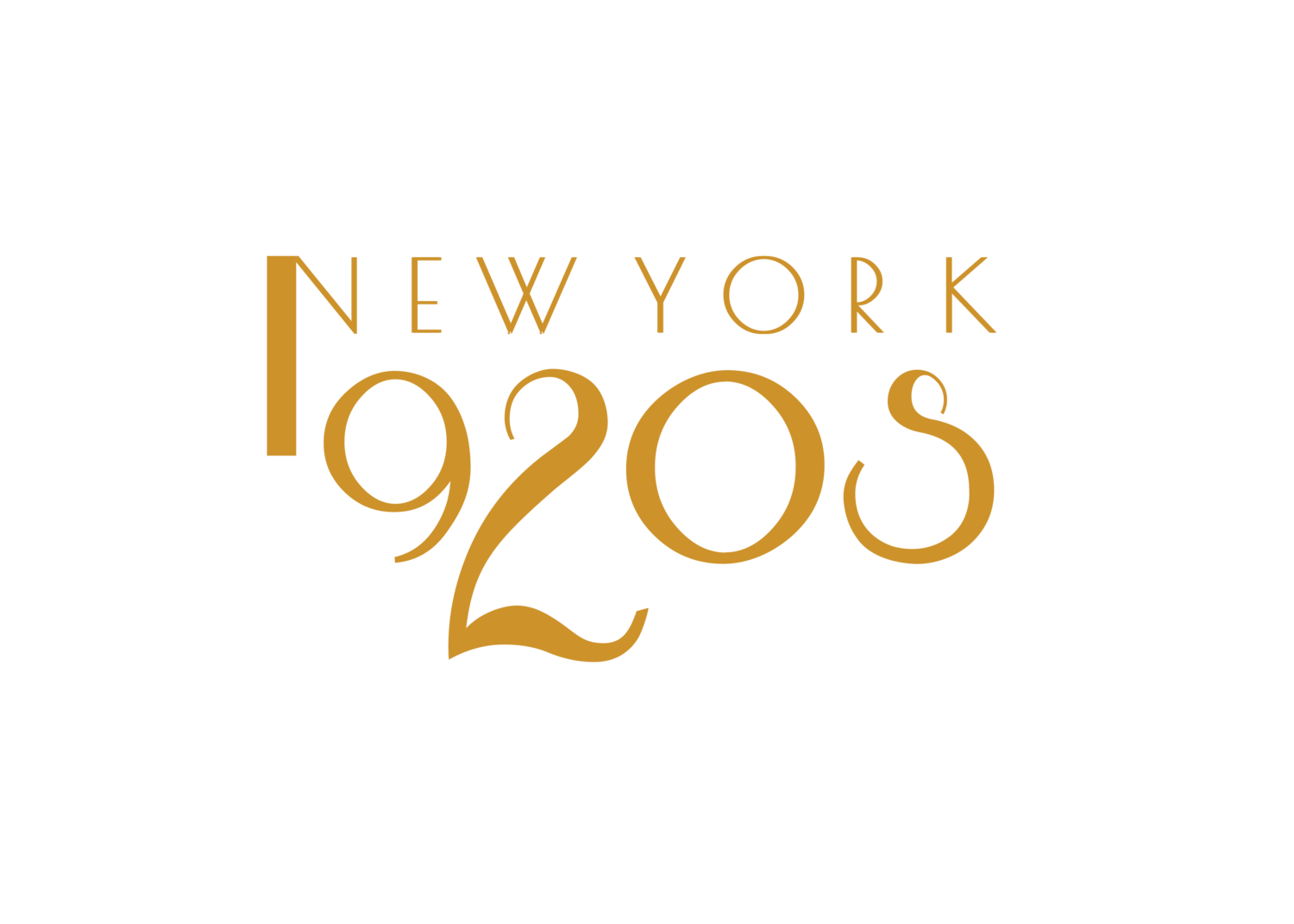Prohibition raids of private homes
One hundred years ago today … In what would be one of many similar stories over the next 13 years that Prohibition ruled the U.S., The New York Tribune reported that law enforcement, led by James Shevlin, Supervising Federal Prohibition Enforcement Agent, had seized sixteen bootlegging setups in Manhattan homes.
James Shevlin, 1920. Library of Congress.
The New York Tribune January 29, 1920, p. 3. Library of Congress.
The gear was brought back to the US Customs House, whose “Room 515”–apparently a room for both storage of evidence and hearings–was starting to look, according to the Tribune, “like an East Side junk shop.”
Perhaps the reporter was thinking about this Jerome Myers etching, “East Side Junk Shop,” from 1910:
Jerome Myers, “East Side Junk Shop,” 1910. National Gallery of Art.
The Bowling Green Customs House and environs is analyzed in detail at the Gotham Center Blog, in an article by Paul A. Ranogajec, architectural and art historian. It will reappear on this website in September.



